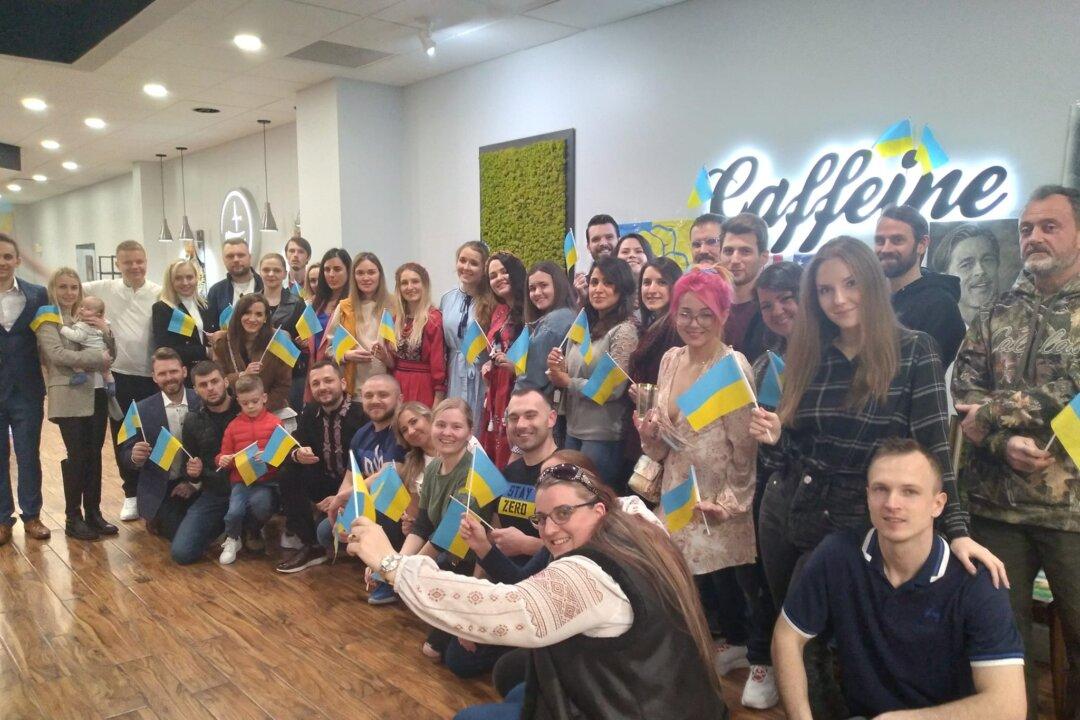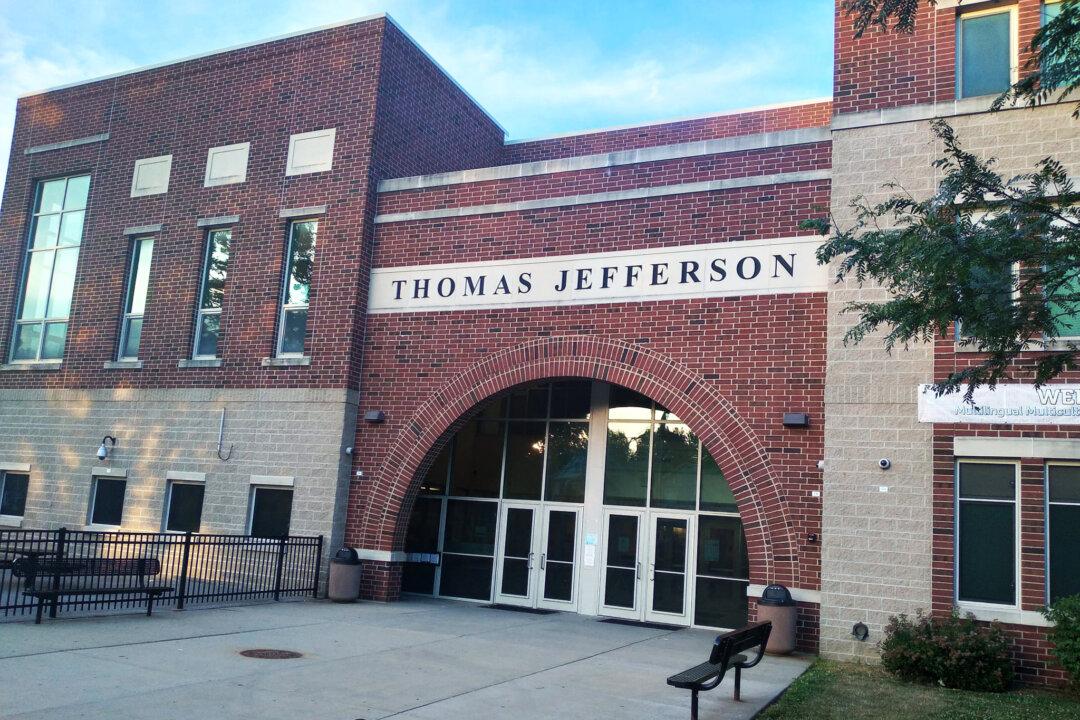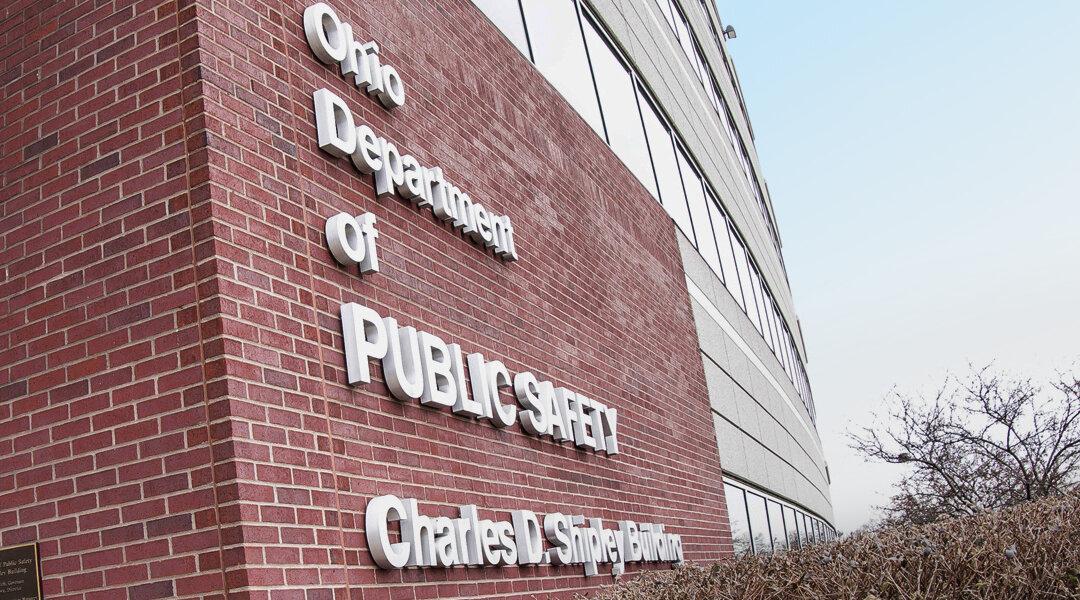A Ukrainian-owned coffee shop in the west Cleveland suburb of Lakewood is brewing support in partnership with the Cleveland Maidan Association to provide medical supplies for first responders and its military back in the homeland.
Caffeine Lakewood opened in 2019 and is owned by Anatolii Shtyrka and Roman Knysh. The cafe held its first Ukrainian Charity Event, a fundraiser on April 2 with 100 percent of its proceeds benefitting Ukraine’s first responders supporting its military fighting the invasion by Russia.




